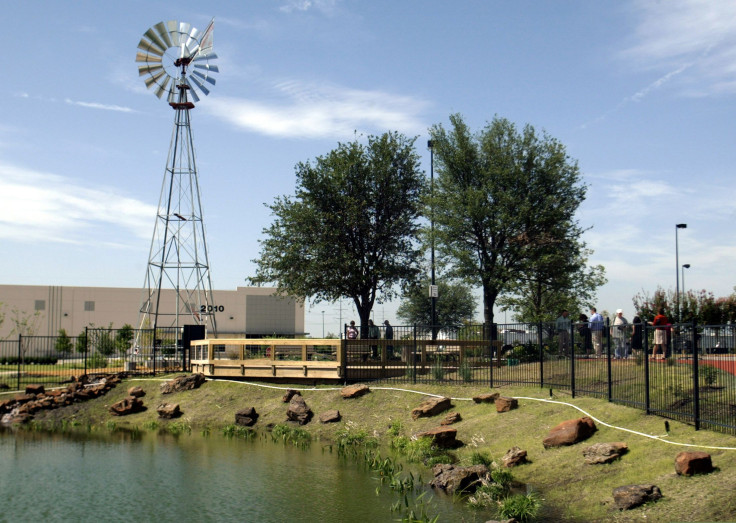McKinney, North Texas City At Center Of Pool Party Video Controversy, Was Sued Over Housing Discrimination

Craig Ranch North Community Pool, the northern Texas swimming facility where police were called to break up a disturbance during the weekend, is in a city that was at the heart of a housing desegregation lawsuit in 2009. The pool is on the predominantly white west side of McKinney, Texas, where several African-American teens attended a pool party Friday to celebrate the end of the school year.
The Inclusive Communities Project, a Dallas housing and civil rights advocacy organization that grew out of a 1990 housing discrimination lawsuit filed in Texas against the U.S. Department of Housing and Urban Development, brought actions against the city of McKinney and the McKinney Housing Authority Aug. 18, 2009, after officials rejected a proposal to construct affordable and low-income housing on the west side.
ICP had developed a program to nudge Texas communities into using low-income housing tax credits, to help fund racially desegregated housing for its Section 8 public housing voucher recipient families, many of whom were African-American, according to Daniel & Beshara, P.C., the law firm that represented housing rights groups. McKinney and the housing authority filed motions to dismiss ICP’s lawsuit, but a federal judge denied the motions and the housing authority agreed to a settlement with ICP.
The settlement required the housing authority to provide loans to developers for the construction of as many as 400 low-income housing units. Because ICP agreed to provide at least $1 million for these loans to help the housing authority achieve the desired number of units, the city of McKinney was dismissed from the suit.
Since the settlement, an application sponsored by ICP and the McKinney Housing Authority received tax credits for a 164 unit development on the west side of McKinney in 2013, Daniel & Beshara said. In 2014, the McKinney City Council passed a resolution supporting a second low-income housing project on the west side.
But those victories in housing equality advocacy for ICP have not alleviated tensions over racial segregation. Craig Ranch North Community Pool is part of a large, upscale subdivision with a centrally located town center and shopping district. While it is a predominantly white community, some of its amenities appear to be inclusive of minorities. The community’s indoor and outdoor sports training center was founded by African-American Olympic gold medalist and world record sprinter Michael Johnson.
While some of the black teens at Friday’s pool party had guest passes to swim in the facility, others reportedly climbed over the gate that encloses the pool, angering some of its white patrons. Several adults told the black teens to go back to their “Section 8 [public] housing” developments, BuzzFeed reported.
Teens who were there told BuzzFeed that the adults’ racists comments against the blacks were what caused the disturbance. A person attending the pool party recorded the police response to the scene after the fights broke out. The video, which went viral Sunday, shows McKinney Police Officer Eric Casebolt shoving and wrestling to the ground a 14-year-old girl in a bathing suit.
Chief Greg Conley said Casebolt had been put on administrative leave until an investigation into the incident is completed. "The McKinney Police Department is committed to treating all persons fairly under the law," Conley said during a press conference Saturday.
McKinney, which is northeast of the Dallas/Fort Worth area, has a population of more than 148,000 people. In 2010, the city was 64.5 percent white, 10.5 percent black and 18.6 percent Latino, according to the U.S. Census Bureau.
© Copyright IBTimes 2024. All rights reserved.






















